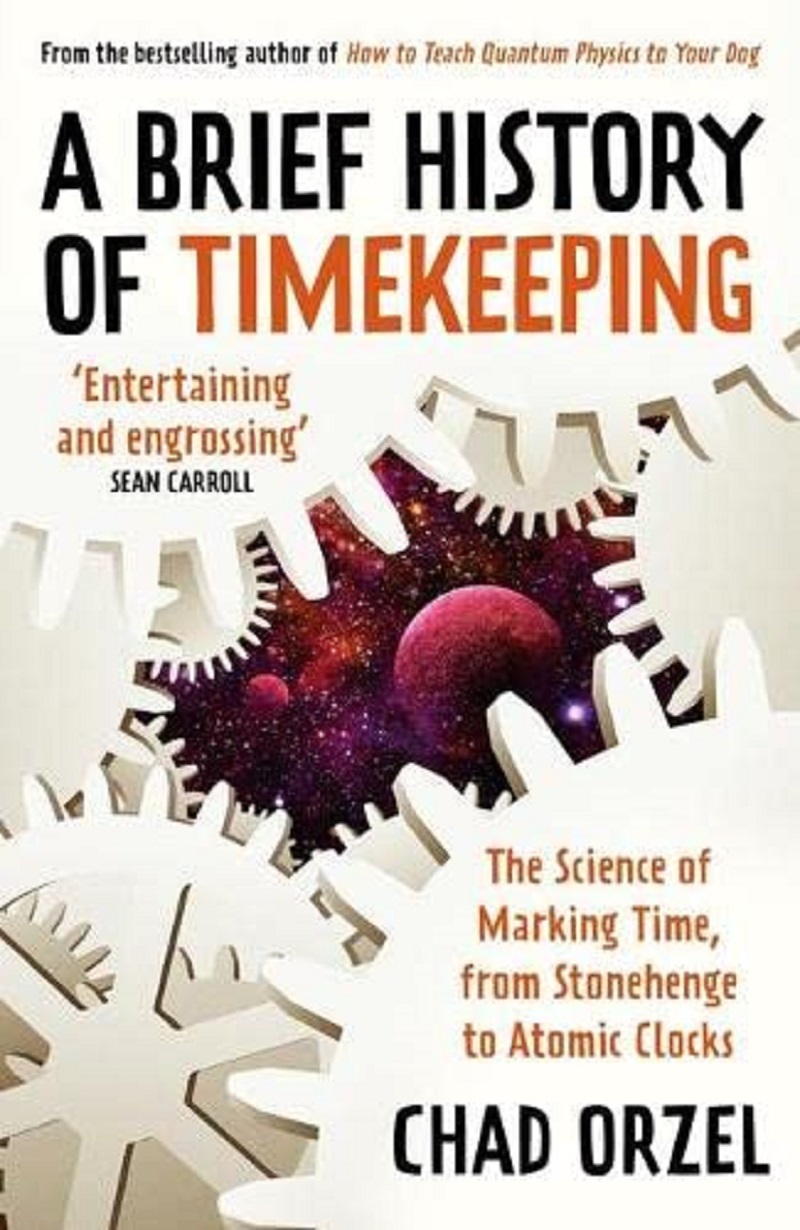內容簡介
內容簡介 時間的計算方式其實和時間本身一樣有淵遠流長的歷史,當你每天早上按下鬧鐘發現自己快遲到的那刻,你才明白計量時間的重要性,而計量的方式從5000年前就開始了! 從巨石陣到最先進的原子鐘,從古埃及到英國喬治王朝時期,人類隨著科技演進,不斷修正計算時間的方式,也像在長遠的時間之河上,刻寫下當時代人們解讀世界的角度。 Press the snooze button on your alarm once too often and you soon remember the importance of good timekeeping. That need to tell the time connects you to over five thousand years of human history, from the first solstice markers at Newgrange to quartz crystal oscillating in your watch today. Science underpins time: measuring the movement of Sun, Earth and Moon, and unlocking the mysteries of quantum mechanics and relativity theory – the key to ultra-precise atomic clocks. Yet time is also socially decided: the Gregorian calendar we use today came out of fraught politics, while the ancient Maya used sophisticated astronomical observations to produce a calendar system unlike any other. In his quirky and accessible style, Chad Orzel reveals the wondrous physics that makes time something we can set, measure and know.
作者介紹
作者介紹 Chad OrzelChad Orzel is an associate professor at the department of physics and astronomy at Union College. He has written for Forbes, the Daily Mail and Physics World, and has spoken at numerous TED talks. His previous books have been translated into more than a dozen languages. He lives in Niskayuna, New York.
